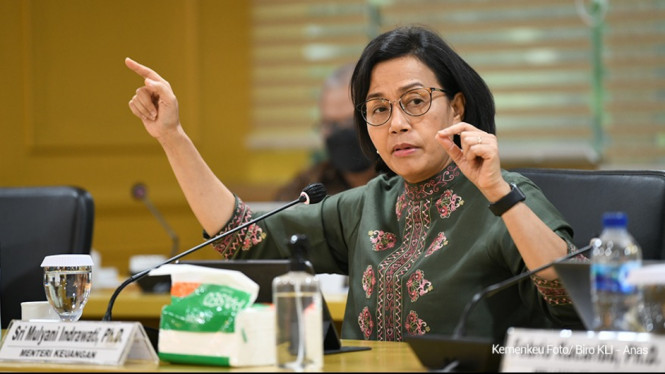Indonesia’s Minister of Finance, Sri Mulyani, is cautioning the Nation to be cautious in facing risks on several fronts in 2023, including the threat of recession, national debt, and the threats posed by climate change.
Mulyani issued her warning while speaking to the CEO Banking Forum in Jakarta, quoted by the State News Agency Antara on Monday, 9 January 2023.

She pointed out that the threat of a recession in 2023 is reflected in International Monetary Fund (IMF) projections that think the global economic growth will slow to only 2.7%. This number is lower than the 3.2% global growth achieved in 2022 and 6% in 2021.
The IMF is projecting that 30% – 40% of the national economies of the world’s countries will experience a recession in 2023.
Mulyani also warns that, as discussed during the recent G20 meeting in Bali, all countries are now incurring unsustainable debt levels. She reports that more than 63 countries now have levels of debt that are approaching or exceeding levels of sustainability.
Mulyani added: “In 2023, inflation needs to be controlled by increasing interest rates while high debt levels will have a recessionary impact on several countries experiencing a debt crisis.”
The Indonesian Minister described that many countries in south Asia, stretching from Bangladesh, Sri Lanka, and Pakistan, are receiving special attention from the IMF and are under financial stress.
Financial fundamentals are suffering further stress from the geopolitical situation disrupting the global supply chain.
Equally threatening to the global economy is the problem of climate change, which is increasingly concerning to financial markets across the world. Sri Mulyani revealed that even the banking sector is affected by climate change, impacting economic sustainability and the global financial network.


